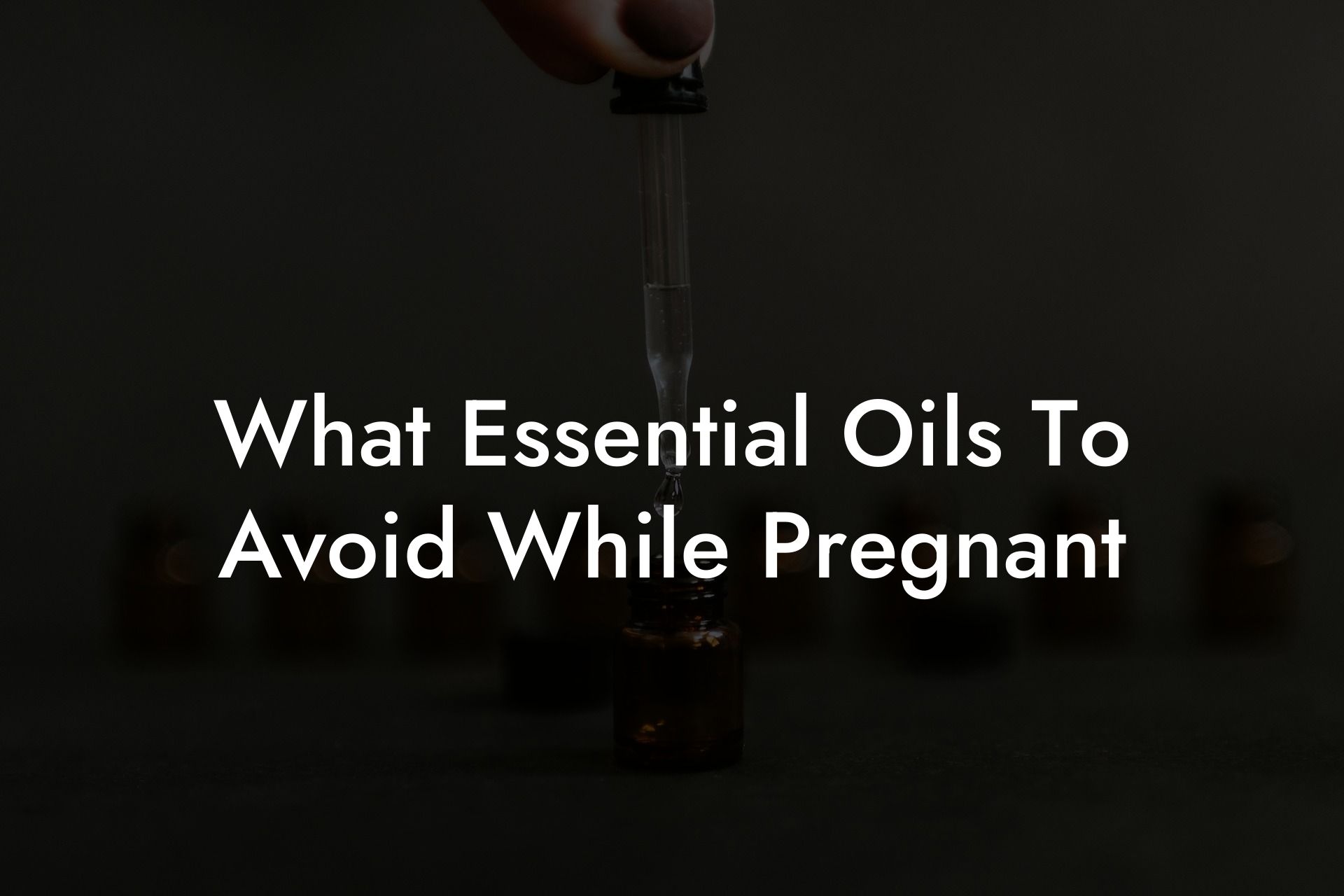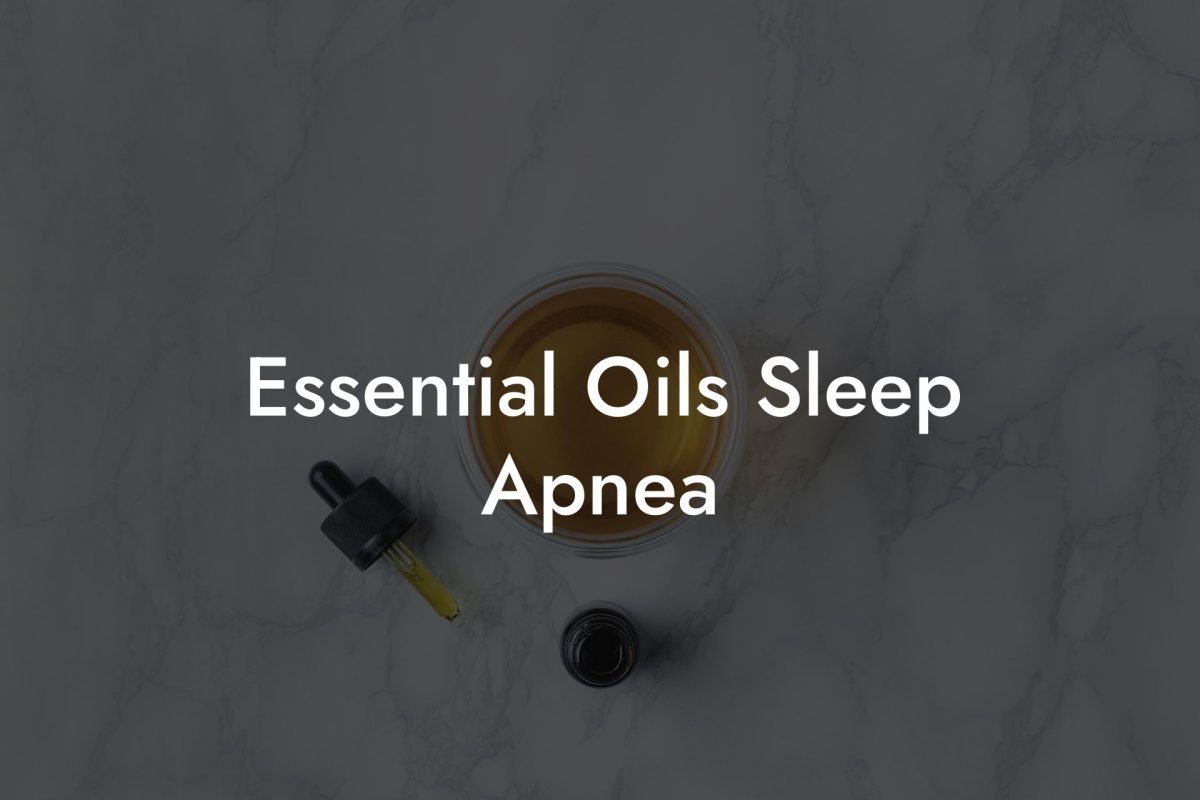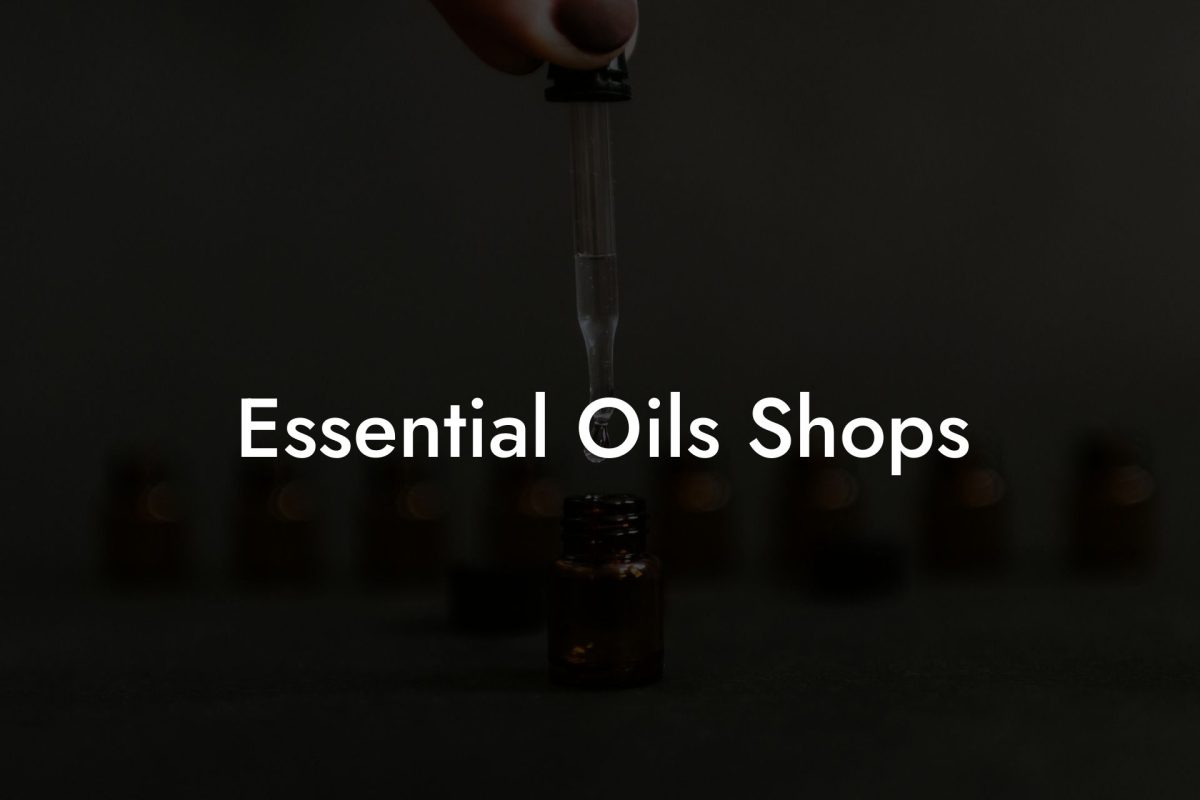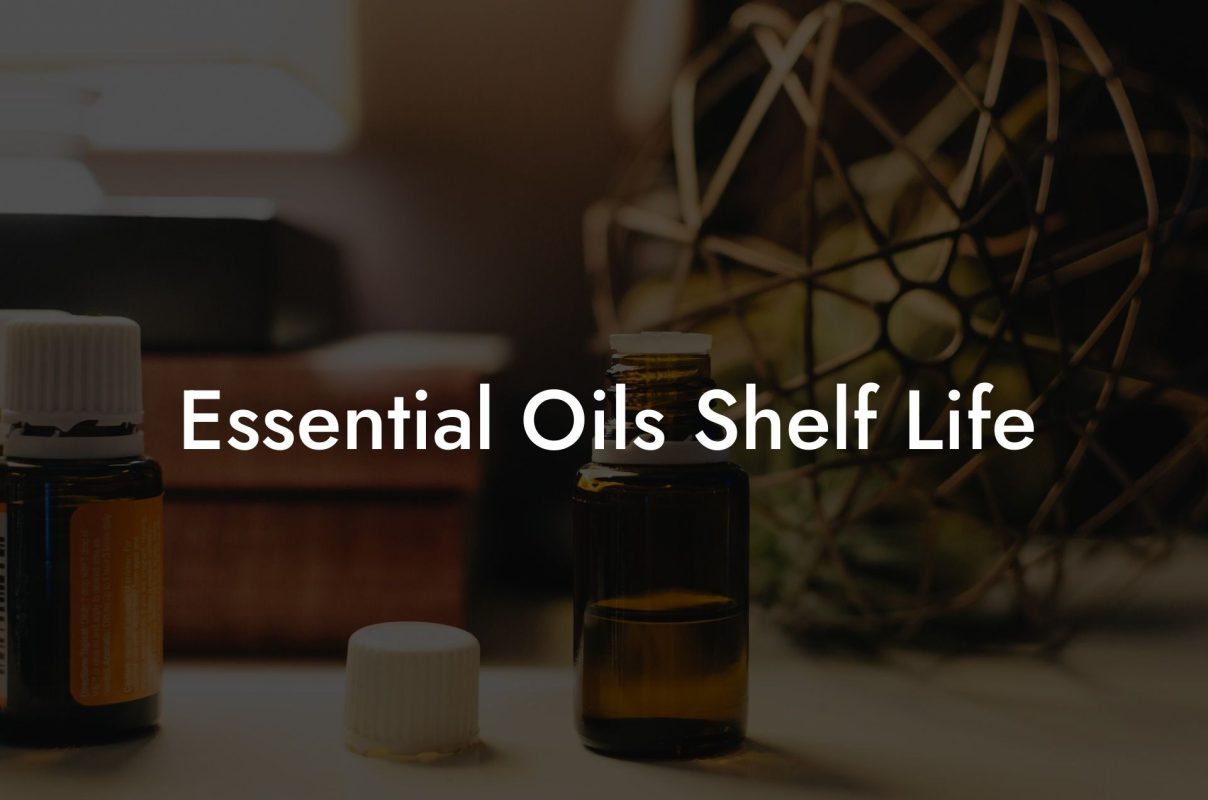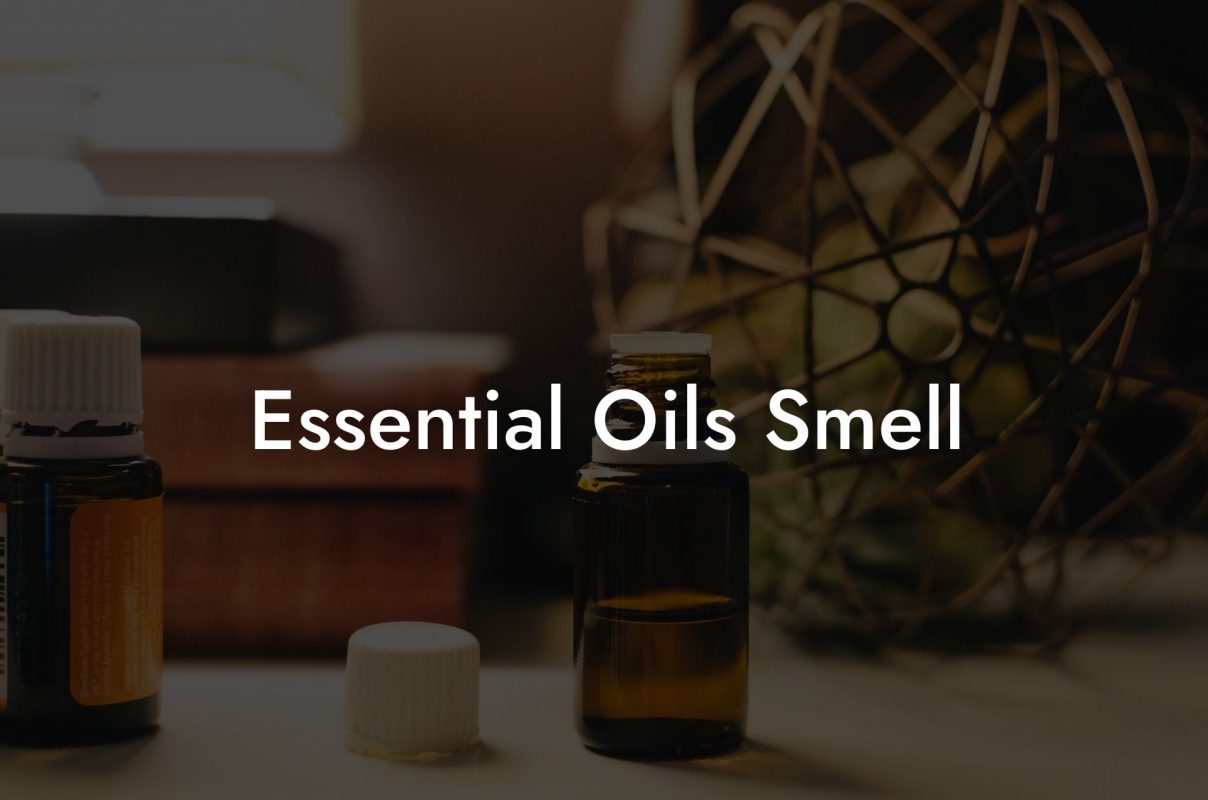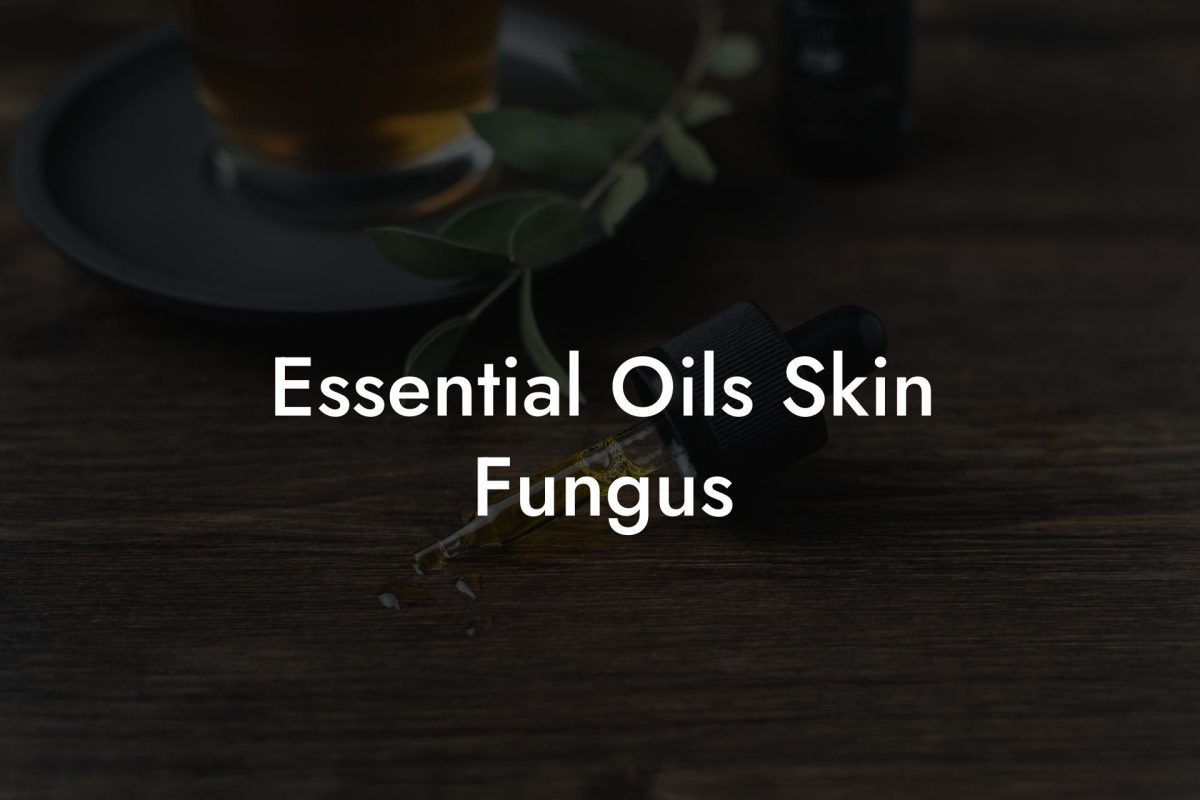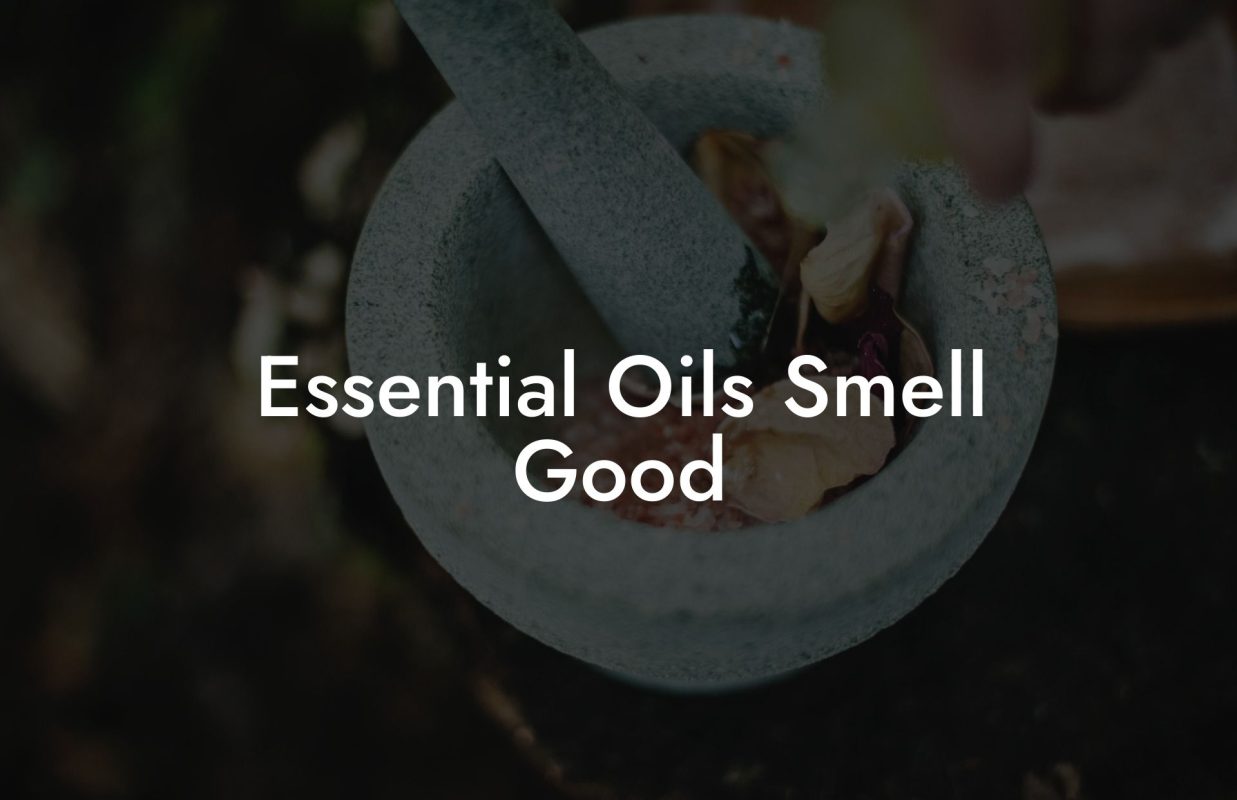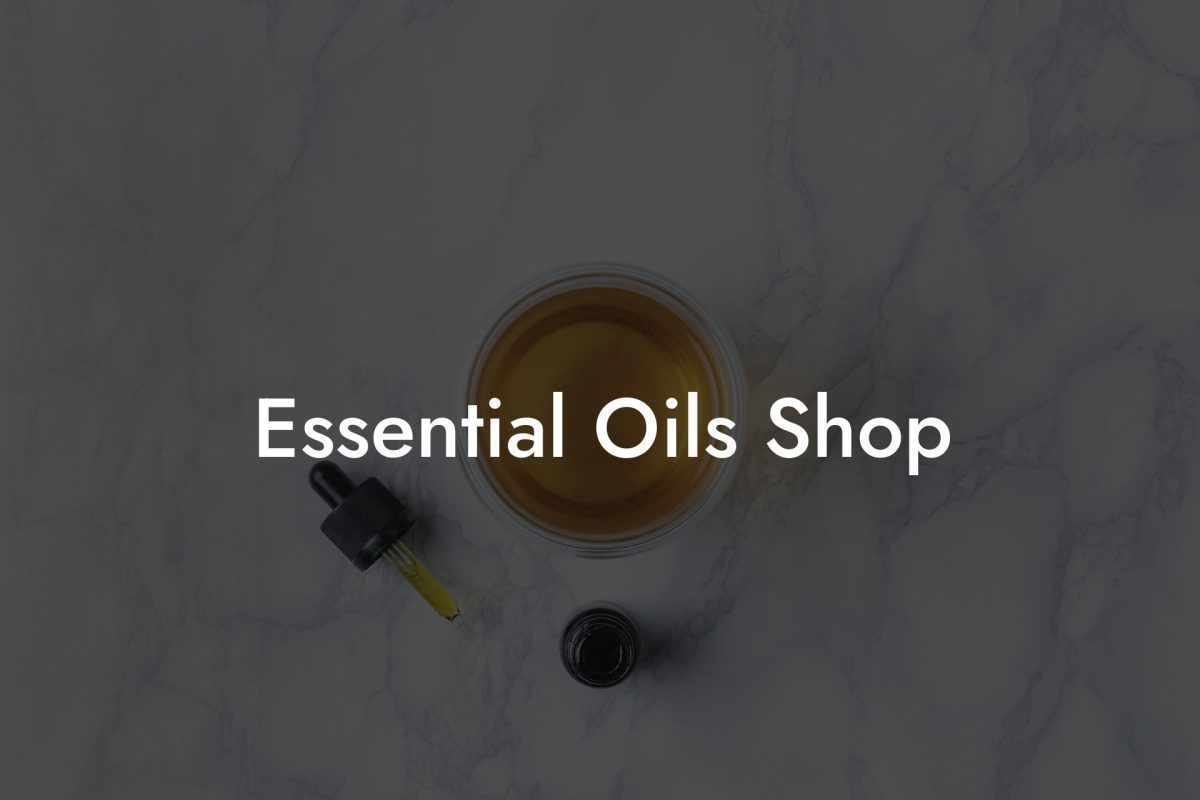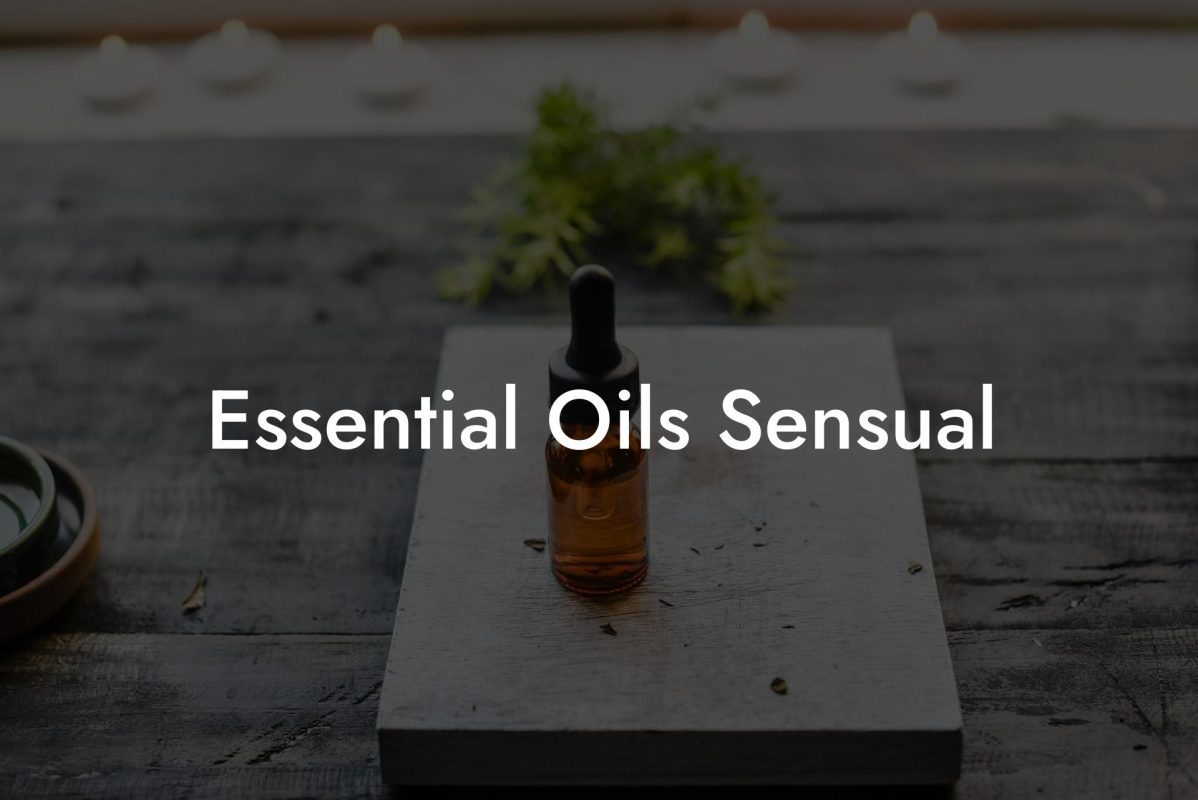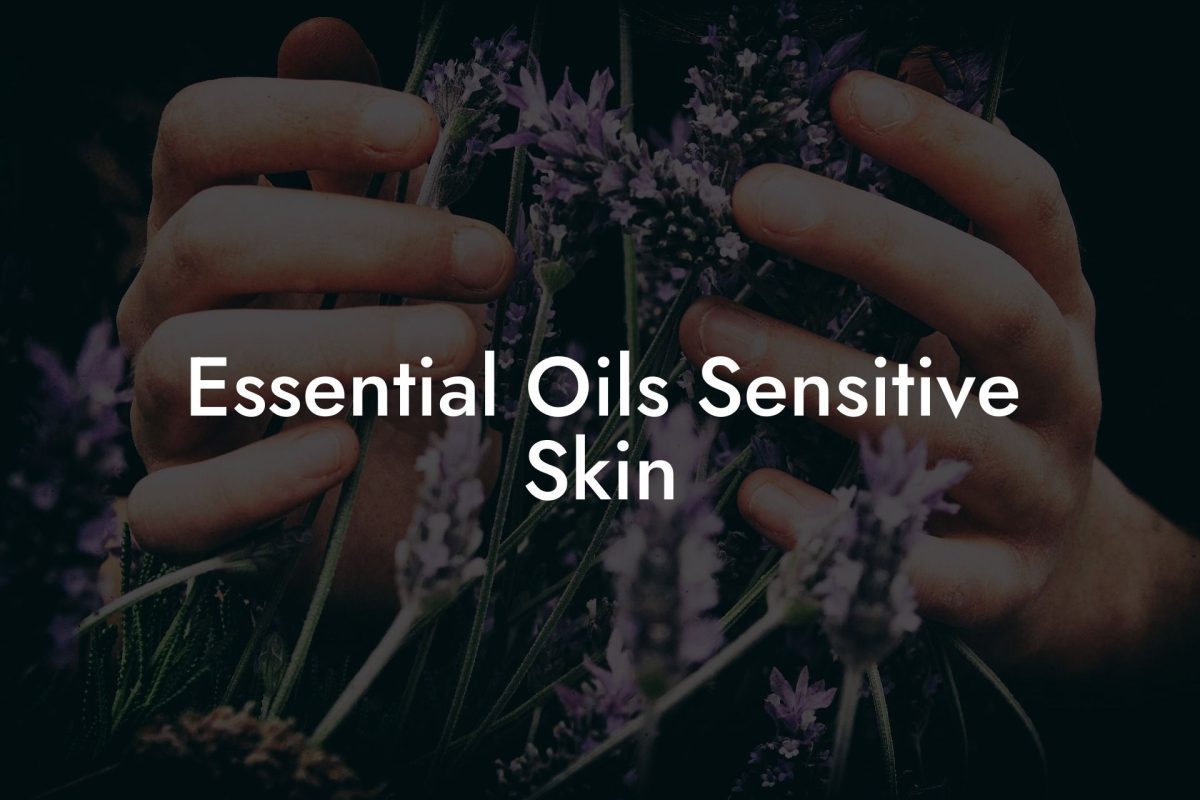Pregnancy is a time of incredible change and self-care, and it’s essential to be aware of what you are using during this delicate time. While essential oils can have numerous benefits, certain oils are best avoided during pregnancy. In this article, we will delve into which essential oils to avoid and why, ensuring you can make informed choices for you and your baby’s well-being.
Table of Contents
Why Some Essential Oils Are Unsafe During Pregnancy
Some essential oils contain chemical components that can be harmful during pregnancy, either by crossing the placenta or affecting your hormonal balance. These oils can pose risks, such as miscarriage, premature labor, or low birth weight, which is why it is crucial to know which ones to avoid.
Essential Oils to Avoid While Pregnant
Below is a list of essential oils you should steer clear of during pregnancy:
- Peppermint: Can have a miscarriage-inducing effect and may slow milk production during breastfeeding.
- Rosemary: Contains a compound called camphor, which can potentially cause uterine contractions.
- Basil: Can affect cell development and contains chemical components that may contribute to premature labor.
- Sage: Contains thujone, a potent compound that can cause uterine contractions.
- Juniper: Can negatively affect kidney function and increase the risk of preterm labor.
- Nutmeg: Contains compounds that may have hallucinogenic effects and negatively impact a developing fetus.
- Jasmine: May trigger uterine contractions and could lead to premature labor.
- Clary Sage: May have a similarly triggering effect on uterine contractions.
- Aniseed: Can interfere with hormonal balance, leading to potential complications.
- Camphor: Potentially toxic and may lead to miscarriage or birth defects.
Safe Essential Oils to Use During Pregnancy
While it is essential to know which oils to avoid, there are many safe alternatives that you can use during pregnancy with the necessary precautions. Some of these include:
- Lavender: Relieves stress, promotes relaxation and helps with sleep
- Chamomile: Calming and soothing, helps to alleviate stress and anxiety
- Ginger: Great for combating nausea and morning sickness
- Bergamot: Uplifting and helps to reduce anxiety
- Ylang-Ylang: Promotes relaxation and reduces stress
Remember, even if an essential oil is considered safe during pregnancy, it is vital to practice proper usage and dilutions. Less is more when it comes to essential oils during pregnancy, and it’s always a good idea to consult with a healthcare professional before starting any new regimen.
What Essential Oils To Avoid While Pregnant Example:
Imagine you are feeling stressed and fatigued during your pregnancy and decide to turn to essential oils for some relaxation. Instead of reaching for the potentially harmful Clary Sage, you opt for the safe and calming Lavender oil. By diluting it with a carrier oil and gently massaging it into your temples or diffusing it in the air, you can still experience the relaxing benefits of essential oils without the possible risks to your baby.
Now that you are equipped with the knowledge of which essential oils to avoid during pregnancy, you can make safer choices for yourself and your baby. As you explore the safer alternatives that strengthen your well-being during this special time, share this article with other pregnant women in your life to promote a healthy and informed journey. Be sure to explore other guides on Oshu Oils for more insights into the world of essential oils and aromacology, and don’t forget to check out our range of artisan essential earth oils!

